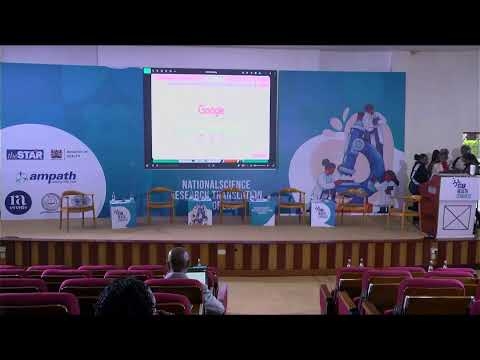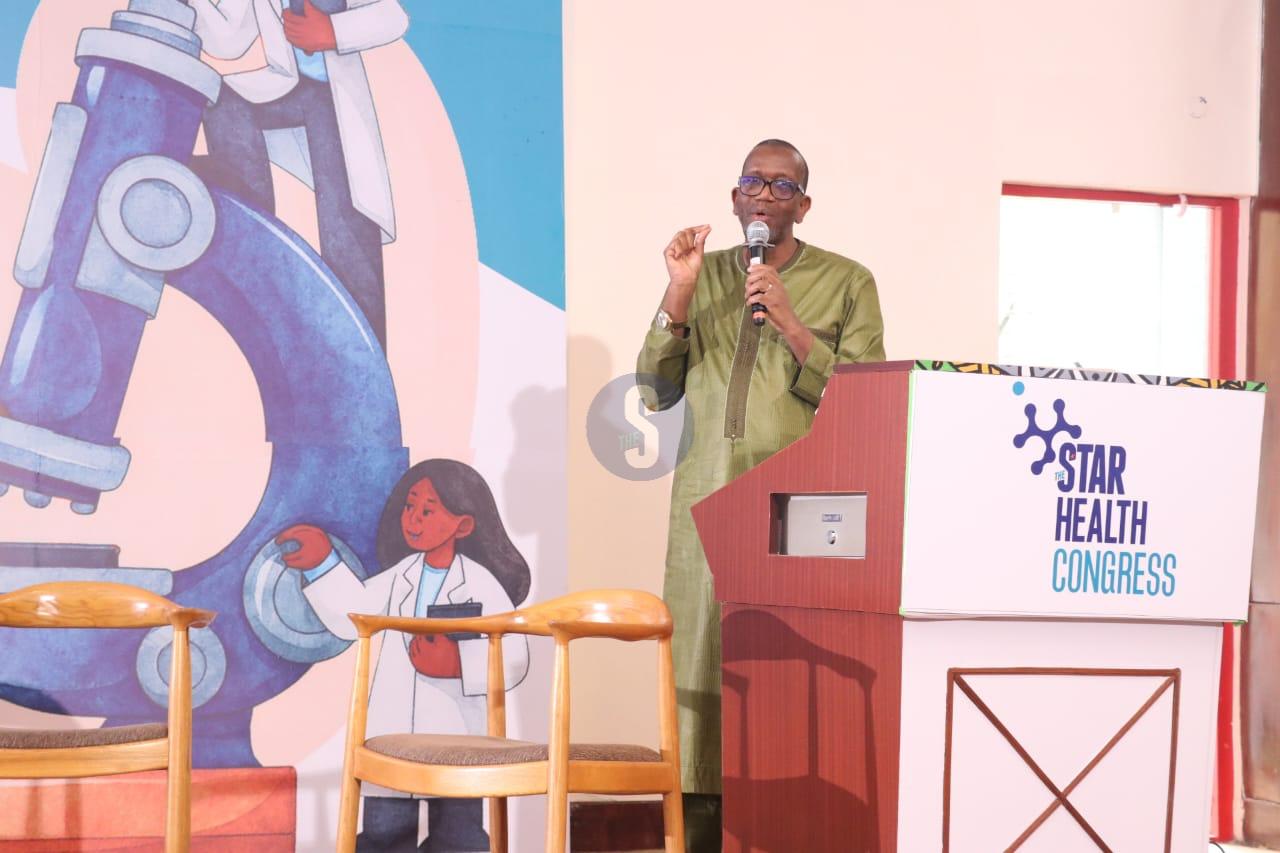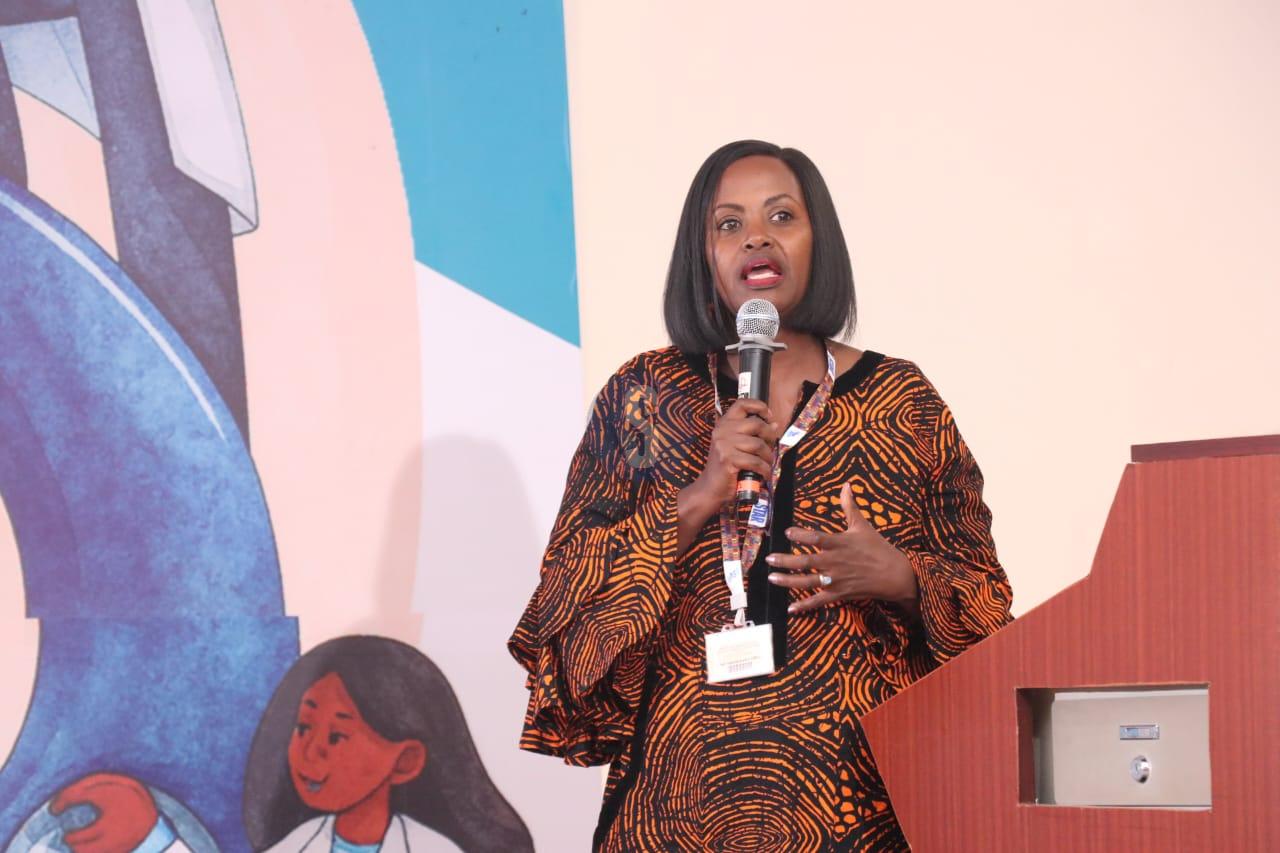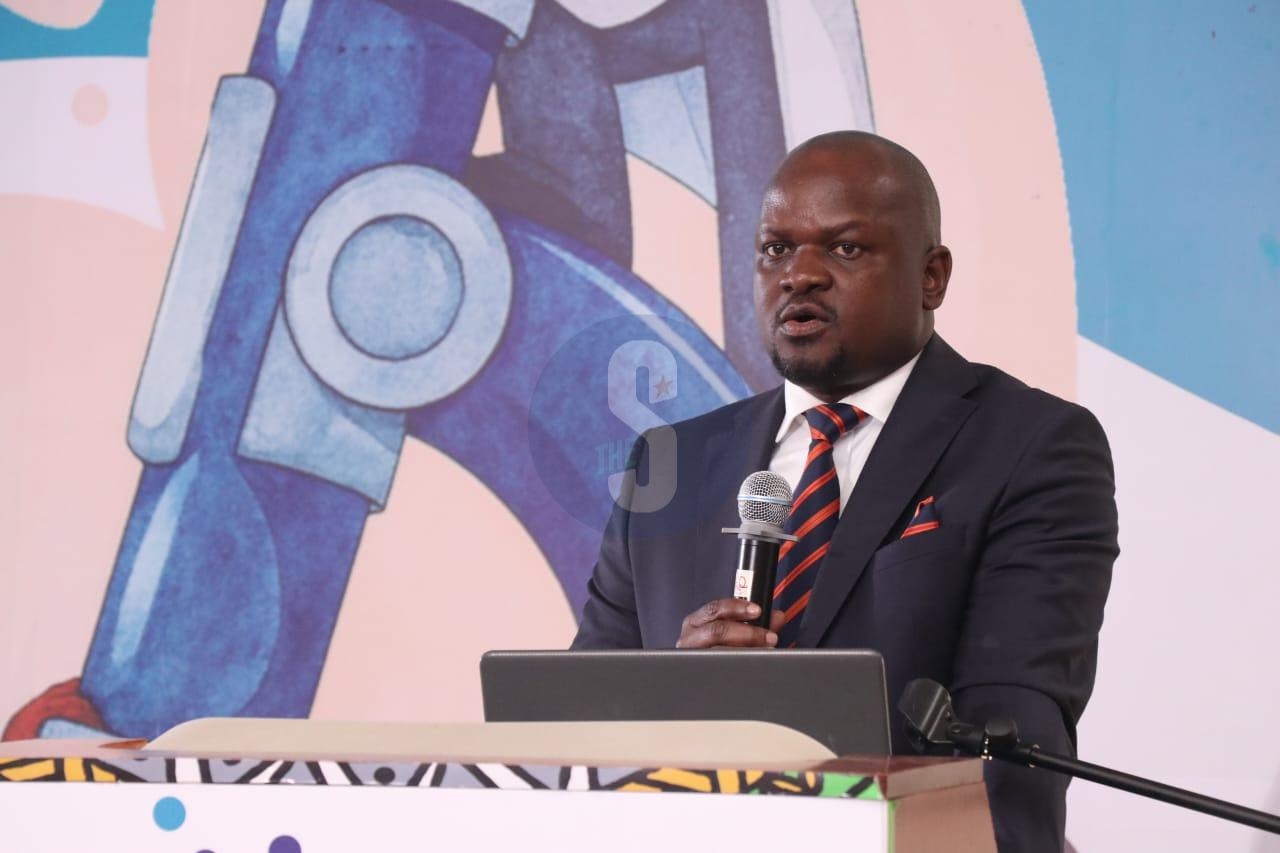

Researchers and health experts have called for stronger collaboration between scientists, policymakers and communities.
This is to ensure that research conducted in Kenya and Africa at large leads to tangible health and development outcomes.
The appeal was made on Wednesday during the first National Science Research Translation Congress, held at the African Population and Health Research Center (APHRC) in Nairobi and organised by The Star newspaper.
Speaking during the opening session, Head of Policy Engagement and Communication at APHRC Mamadou Diallo said too much research remains confined to academic spaces, limiting its impact on communities.
“We cannot keep producing articles that never change anything,” Diallo said.
“About 80 to 83 per cent of research resources are wasted because they are not being translated into action. We speak among ourselves, but not to the people who need the solutions.”
He said research in Africa must start with purpose and end with practice, urging collaboration between scientists, policymakers and the public to ensure evidence translates into better health and development outcomes.
“Partnerships should not begin with contracts or MOUs,” he said.
“They should begin with purpose — asking what unique thing researchers and policymakers can do together to solve real problems that keep people up at night.”
Diallo underscored three principles needed to bridge the gap, including defining purpose, listening to diverse perspectives and ensuring actionable outcomes.
He warned that researchers often fall into the “trap of the single story”, ignoring the voices of communities and policymakers.
Quoting Chimamanda Ngozi, he warned, "mind the danger of the single story".
"Everyone has their own story, that is, researchers, policymakers and communities. The danger comes when nobody listens to the other,” he said.
"We must move beyond speaking in silos.”
The congress, which drew representatives from across Kenya’s research and health sectors, explored how to align scientific innovation with the nation’s development priorities under Agenda 2063.
Diallo called for greater humility and openness among researchers to adapt findings to local contexts instead of “copying and pasting” global solutions.
“What works in Botswana or Europe may not work in Kenya,” he said.
“Context is key. Research must respond to real community needs.”

Adding to the discussion, Lead for Social Behavioural Research at AMPATH Kenya Prof Violet Naanyu said institutions must make research translation a core part of their mandate.
“We have had over 1,500 publications in peer-reviewed journals,” she said.
“But as Mamadou asked, has this touched the Ministry of Health system in any way? These are the realities we must face.”
Naanyu said AMPATH is now prioritising research that directly informs policy and clinical practice, especially in high-burden areas like hypertension, diabetes, malaria and mental health.
She also urged collaboration between local and international researchers, noting that every AMPATH research group is co-led by a Kenyan and a North American expert.
“Kenya is rich with institutions doing world-class research, including APHRC, AMPATH, KEMRI and more,” she said.
"Imagine what we could achieve if all these efforts synergised.”
The researchers shared a commitment to strengthen Kenya’s research-to-policy ecosystem by fostering dialogue and ensuring that scientific evidence translates into improved public health outcomes.
“Research must leave the shelves and enter the streets,” Diallo said.
“Only then can we say it is transforming lives.”


















